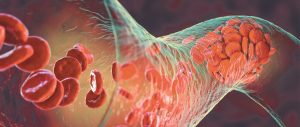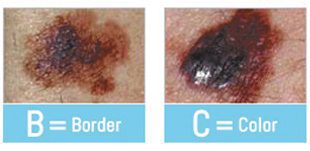By Dr. Aneley Yegezu Hundae, M.D., FACC


Understanding Pulmonary Hypertension
Pulmonary hypertension is characterized by high blood pressure within the pulmonary arteries, which supply blood from the heart to the lungs. This increased pressure can cause the arteries to narrow and stiffen, leading to reduced blood flow and oxygen delivery to the lungs. Common symptoms of pulmonary hypertension include shortness of breath, fatigue, chest pain, dizziness, and swelling in the ankles, legs, and abdomen.
Diagnosing Pulmonary Hypertension
Diagnosing pulmonary hypertension requires a comprehensive evaluation, including a detailed medical history, physical examination, and a variety of diagnostic tests. Echocardiography, pulmonary function tests, blood tests, and right heart catheterization are commonly employed to confirm the diagnosis and assess the severity of the condition. Early detection is crucial, as untreated pulmonary hypertension can lead to significant complications and reduced quality of life.
Treatment Approaches
The treatment of pulmonary hypertension aims to alleviate symptoms, slow disease progression, and improve patients’ quality of life. A multidisciplinary approach involving cardiologists, pulmonologists, and other healthcare professionals is essential. Medications such as calcium channel blockers, loop diuretics, prostacyclin analogs, endothelin receptor antagonists, and phosphodiesterase-5 inhibitors are commonly prescribed based on the underlying cause and severity of the condition. These medications help relax and widen blood vessels, reduce inflammation, and improve overall heart function.
In severe cases, surgical interventions like atrial septostomy or lung transplantation may be considered. Additionally, lifestyle modifications such as regular exercise, avoiding high altitudes, and maintaining a healthy weight can contribute to managing symptoms and slowing disease progression.
Emerging Therapies and Hope for the Future
Recent advancements in research have paved the way for novel therapies in pulmonary hypertension. Targeted therapies that aim to address specific molecular pathways involved in the disease process are currently being explored. Additionally, gene therapies and stem cell treatments show promising potential for the future. These breakthroughs offer hope for improved outcomes and a better quality of life for individuals living with pulmonary hypertension.
Pulmonary hypertension poses significant challenges for patients and clinicians alike. Recognizing the symptoms and seeking early medical attention are vital for timely diagnosis and appropriate management. As a cardiologist, I remain committed to raising awareness about this condition and providing effective treatment options to improve patients’ lives. With ongoing research and advancements in therapeutic interventions, we can continue to make strides in understanding and managing pulmonary hypertension, ultimately offering hope and a brighter future for those affected by this complex cardiovascular condition.
Dr. Aneley Yegezu Hundae, M.D., FACC
invasive cardiology and advanced heart failure management
Dr. Hundae received his Premedical and Doctor of Medicine Degree from Jimma University School of Medicine. He completed his Internal medicine Residency at Mercer University School of Medicine. His Heart Failure/Heart Transplant fellowship at the University of Miami Cardiovascular Fellowship Program. Cardiovascular fellowship at Baylor University Medical Center.
Board certifications
• Cardiology
• Advanced Heart Failure and Transplant
• Nuclear Cardiology
• Comprehensive Echocardiography
• Internal Medicine
Port Charlotte Cardiology
3161 Harbor Blvd, Suite A, Port Charlotte, FL 33952
(941) 235-8892
www.portcharlottecardiology.com
 Southwest Florida's Health and Wellness Magazine Health and Wellness Articles
Southwest Florida's Health and Wellness Magazine Health and Wellness Articles

